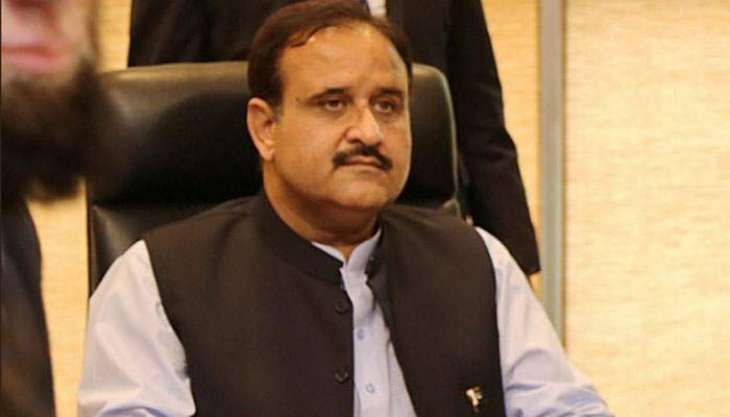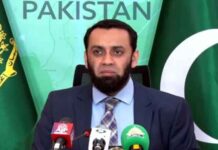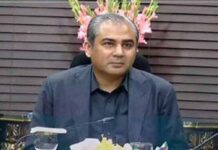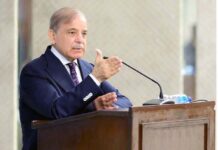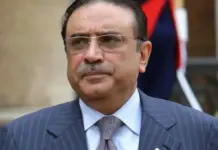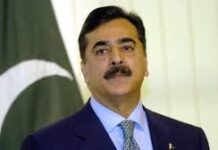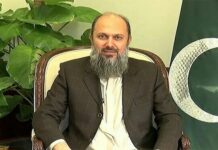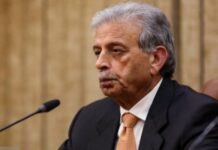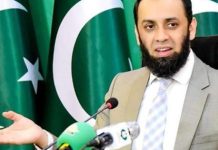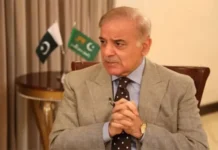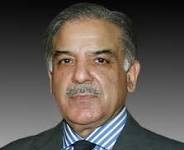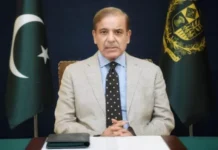ISLAMABAD: Afghan forces’ firing that claimed the lives of nine Pakistani civilians and injured nearly 40 others on Friday could badly hurt Islamabad’s fresh efforts to bridge the trust deficit.
This was one of the highest civilian casualty figures in Pakistan caused by Afghan forces in recent years that would have negative impact on the already tense relationship.
The visits of three high powered visits of the Pakistani military, intelligence and senior parliamentarians to Kabul in just a week had raised high hopes for both the uneasy neighbours to bury the hatchet.
Pakistanis were expecting Afghan leaders’ visit to reciprocate the goodwill gesture by Pakistani political and military leaders. Pakistani leaders would be upset at reports pouring in from Kabul that President Ashraf Ghani had rejected the invitation to visit Islamabad.
Many in Pakistan are surprised as to how the Afghan leaders can claim that Pakistan’s intelligence chief has extended the invitation to a country’s president, as it is not the job of the intelligence officials to deliver invitations to heads of state.
If Pakistan wants to deliver an invitation to the Afghan president, it will be sent through a diplomatic channel and through an ambassador or ministers.
It would also be considered unhealthy on part of the Afghan officials to share details of the discussions during the closed-door meetings. It would also be thought unfair to feed the media only one side of the story. It is also unfortunate that the Pakistani military media wing has also adopted its traditional policy to keep quite on such important visits.
The ISPR just issued a brief statement on the visit of the military delegation but avoided any statement about the visit of the ISI chief’s trip despite a lot of speculations in Kabul. The ISPR has not even spoken if the visit has taken place. Pakistani security officials should also speak, especially when officials of the other country share one-sided information with selective media.
In spite of Mr Ghani’s reported refusal to visit Islamabad unless Pakistan takes practical actions on Kabul’s demands, there are positive indications that Afghan Chief Executive Dr Abdullah Abdullah is most likely to visit Islamabad very soon. Prime Minister Nawaz Sharif’s invitation to Dr Abdullah’s is long due and he postponed his visit in April last year after a massive blast killed dozens in Kabul.
National Assembly Speaker Ayaz Sadiq and other lawmakers showed political sagacity to give a very positive aspect of the visit to Kabul. The 15-member parliamentary delegation consisted of top political leaders like Mehmood Khan Achakzai, Aftab Sherpao, Ghulam Bilour, Raja Zafarul Haq, Hasil Bizenjo and Naveed Qamar, but Afghanistan sent a junior Foreign Ministry’s protocol officer to receive the Pakistani delegation at Hamid Karzai International Airport.
Everyone in Pakistan and Afghanistan will consider it an un-diplomatic gesture by Kabul. A member of the delegation told this writer that the Pakistani lawmakers were astonished when they did not find even a single Afghan MP at the airport. It was sad that the Pakistani delegation paid the visit on the invitation of President Ghani. Kabul’s envoy in Islamabad, Omar Zakhilwal, who was in Kabul at that time, also did not turn up to receive the Pakistani political leaders, although he had played an important role in making the trip possible.
Afghan leaders will realise that Pakistan has taken the lead to resume bilateral visits and it is now Kabul’s turn to come forward and both sit face-to-face to address to each other’s concerns. Cross-border shelling will not solve problems but could further complicate the situation.
As Pakistan and Afghanistan face terrorism and other security challenges, both countries will have to boost cooperation to deal with common challenges. It will be unfair to shift the blame only to Afghanistan, but Pakistani policymakers should also review their policies and see what is wrong on their part. Pakistan can no more afford insecure borders with India, Iran and Afghanistan. PM Nawaz Sharif should also recall his pledges that good neighbourly relations will be one of the key points of his foreign policy. Has he achieved this goal in four years?

